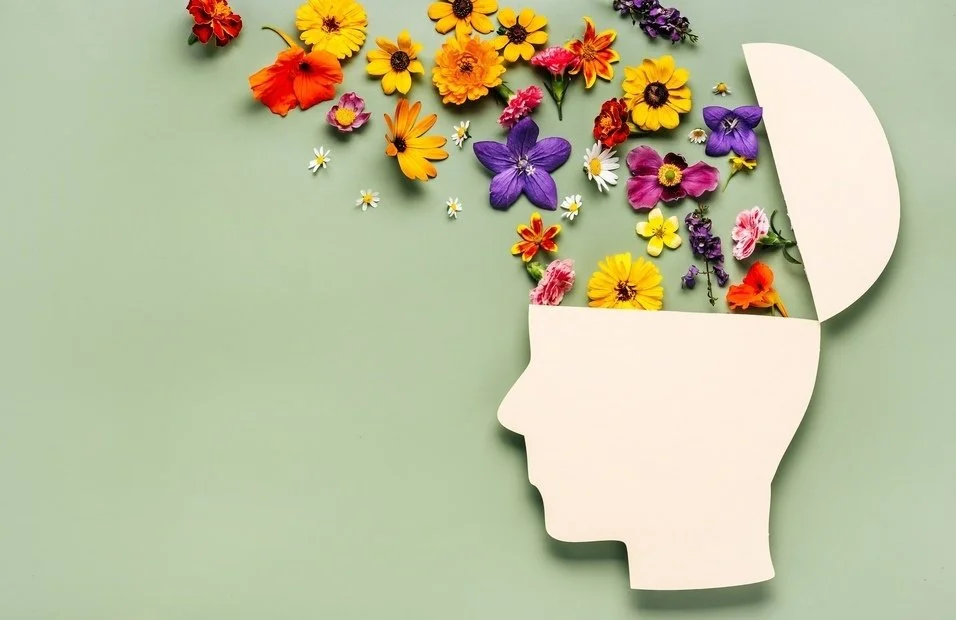Bullying Prevention Month: Children’s Mental Health
The 2022 school year is in full swing, and this week, we’re taking a deep dive into how bullying affects children’s mental health and development in honor of Bullying Prevention Month.
According to the Oxford Dictionary, bullying is defined as ‘to frighten or hurt a weaker person; to use strength or power to make somebody to something.” There are different types of bullying, such as physical bullying, verbal bullying, and social bullying.
Physical bullying includes any sort of physical attack like hitting, kicking, tripping, pinching, pushing, punching, or damaging property. Verbal bullying is using harmful language such as name calling, insults, teasing, intimidation, or verbal abuse. Social bullying is harder to recognize than verbal or physical. It is designed to humiliate someone or harm someone’s social reputation and can be carried out behind someone’s back.
With our new era of technology, another type of bullying has popped up: cyber bullying. Cyber bullying occurs online, often through social media platforms. Cyber bullying is particularly dangerous because it can be done completely anonymously behind a phone or computer screen. This type of bullying can include abusive or harmful texts, posts, photos, or videos, deliberately excluding others online, spreading rumors, or imitating others by using their log in.
While these types of bullying can occur at any time or place in our lives, today we’re going to focus on how it affects school-age children’s mental health and development.
About 20% of students between the ages of 12 and 18 experience bullying in the United States, according to Stopbullying.gov and only about 48% of those students report the bullying to adults. Among the 20% of students who reported being bullying, 15% were bullied online or by text.
How does bullying affect mental health?
Many people assume a little bit of bullying is harmless and can even be beneficial for children to learn to stick up for themselves. However, bullying can have a serious impact of a child’s educational experience. Every day, more than 280,000 students are physically attacked in schools and 160,000 stay home from school due fear of being bullied.
Bullying can affect students’ physical and emotional health. Kids who are bullied in school have an increased risk for mental health problems which can lead to physical injury, social and emotional problems, and even suicide.
Being bullied at a young age can have lasting psychological effects into adulthood. During a child’s school years, they are developing their identifying roles, personalities, and overall, who they are. When children experience bullying, it can lead to problems with self-esteem and trust in others.
Along with emotional and physical health, bullying can have an effect on a student’s academic performance. According to a study done by UCLA, bullying and low academic achievement are frequently linked.
Signs a child is experiencing bullying
If you’re worried about your child is experiencing bullying in school, you can keep an eye out for some of these common signs:
· Seems afraid of going to school, riding the bus, or taking part in organized activities
· Comes home frequently with unexplained cuts, bruises, or scratches
· Doesn’t have a lot of friends in school, seems lonely
· Loses interest in schoolwork or suddenly begins to perform poorly academically
· Appears moody or sad when coming home from school
· Loss of appetite or sleep
· Appears anxious and suffers from low self-esteem
It’s important to monitor your child for signs of bullying. There are a lot of ways you can support your child if they’re being bullied. We will delve next week into how to parent children who are experiencing bullying or who are bullying other children.
If you are concerned that your child is experiencing bullying and needs support, please reach out to us. Our team of therapists is here to provide support and guidance. We look forward to connecting with you.






